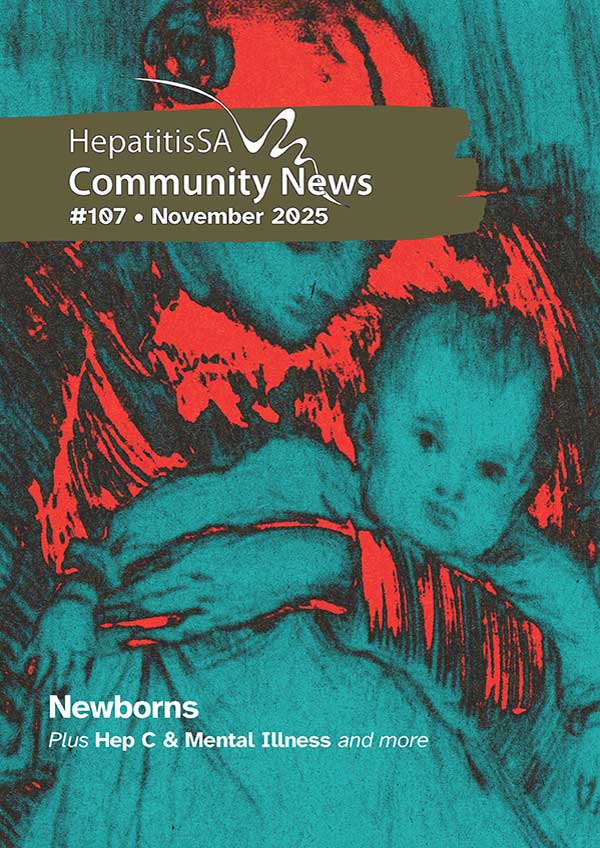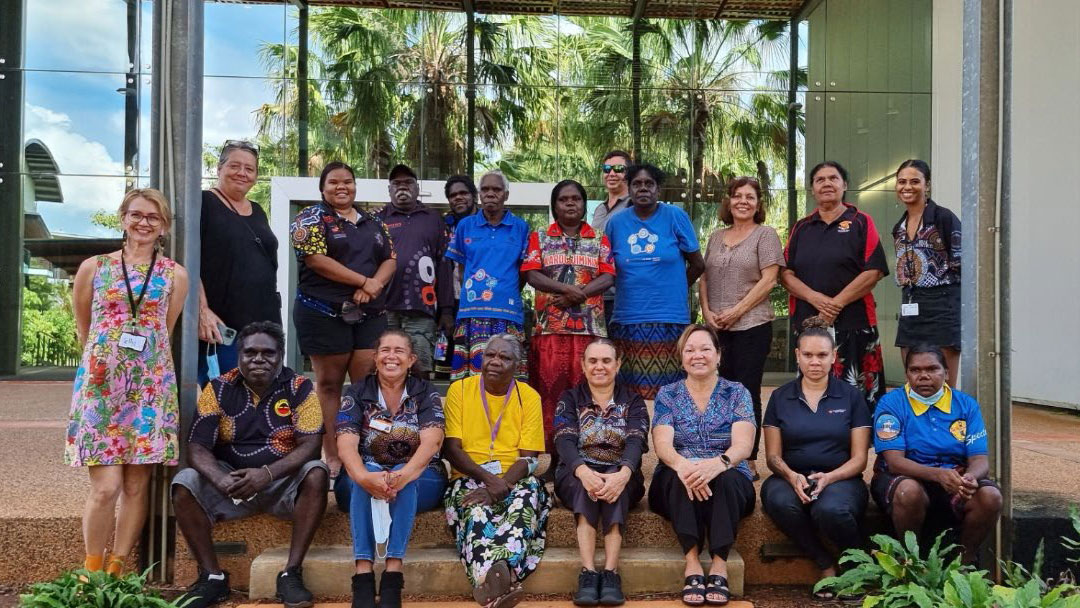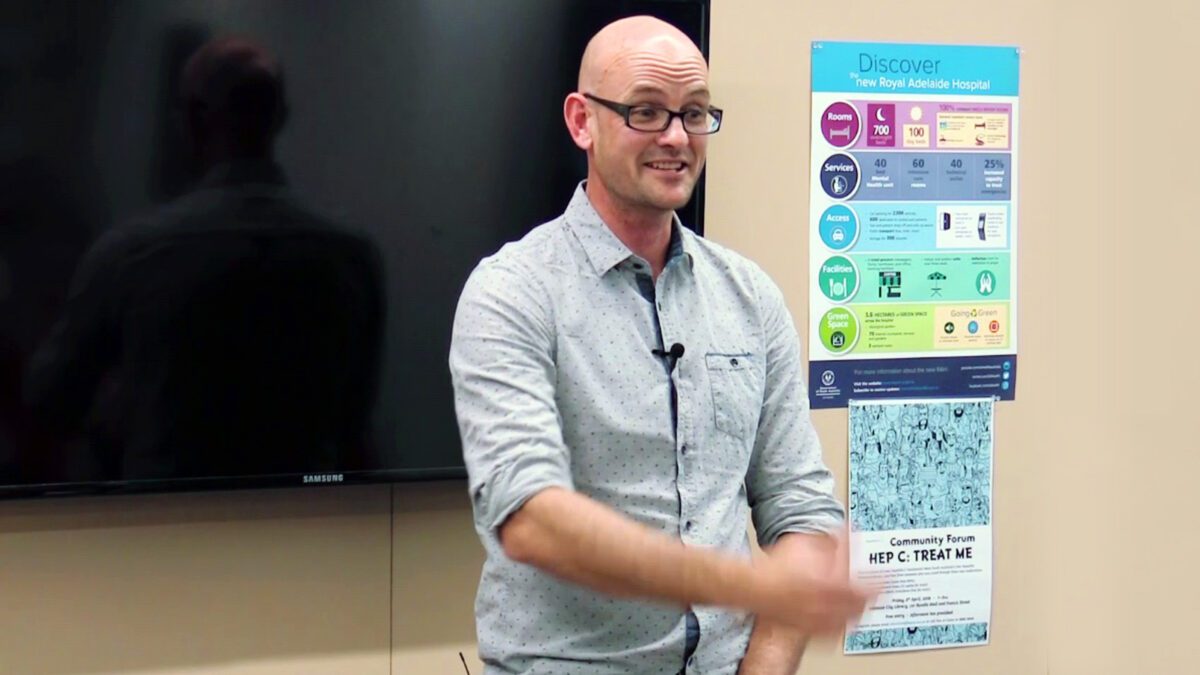We live in a world built upon achievements. We have travelled to the moon, developed vaccines, created the internet and even cloned life itself. Today we have the opportunity to create our next greatest achievement: the elimination of viral hepatitis. The journey has already started.
Since viral hepatitis was discovered 50 years ago, highly effective vaccines, treatments and a cure have been developed. Hepatitis B has a vaccine and hepatitis C has a cure.
Yet, worldwide, 95 per cent of those living with these conditions are unaware. Less than one per cent access treatment, and 1.4 million people die each year.
Furthermore, we cannot let the understandable global and Australian focus on COVID-19 take resources and time away from the vital work of testing and treating people living with viral hepatitis.
We are at a turning point. In 2016, 194 Member States of the World Health Organization made a historic commitment to eliminate viral hepatitis by 2030. At the 69th World Health Assembly, all governments unanimously voted to adopt the first ever Global Viral Hepatitis Strategy, signalling the greatest global commitment in viral hepatitis to date.
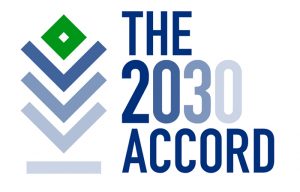
The Strategy set a goal of eliminating hepatitis B and C by 2030 and includes a set of prevention and treatment targets projected to save over 7 million lives.
In the five years since this strategy was launched, we have already achieved so much as a community. There were 188,951 Australians living with hepatitis C in 2016, but in the five years that have followed more than 40 per cent have been cured. The coverage rate for hepatitis B immunisation in 12-month-old babies now exceeds 95 per cent in Australia.
But for this good work to continue, and for viral hepatitis to be eliminated by 2030, it needs to be a national health priority. The first step to this is the VH2021 Action Plan, supported by numerous organisations in the liver health sector, both community and research bodies.
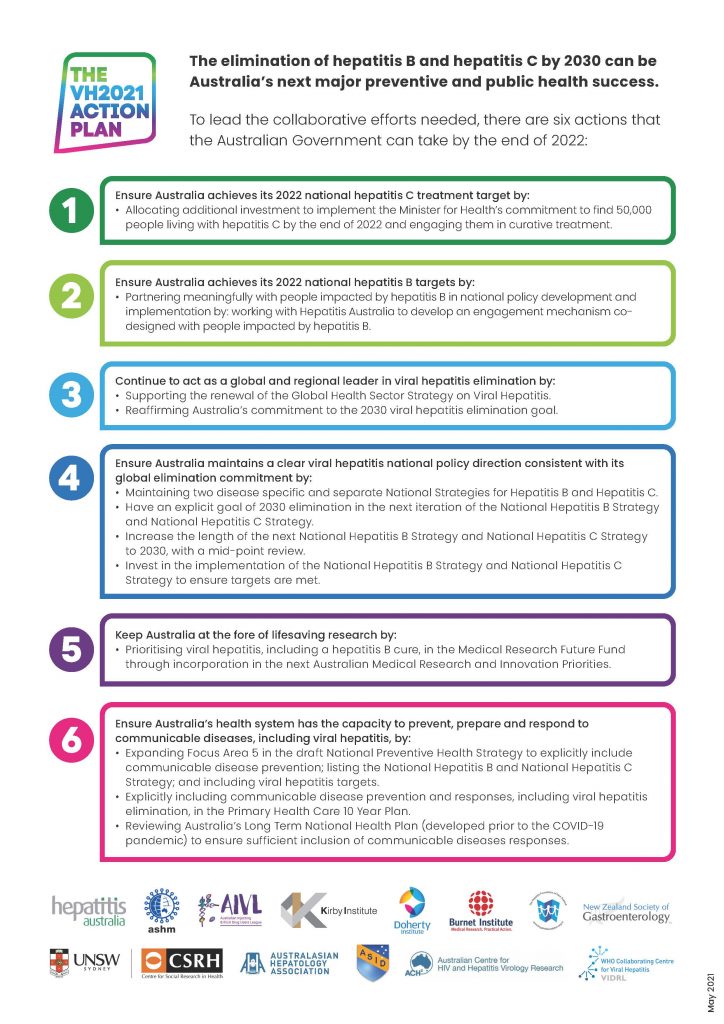
You can learn more and add your voice to those working together to eliminate viral hepatitis in Australia at 2030accord.org.au.
Last updated 20 May 2024
More from:
Enjoyed this article? Subscribe to be notified whenever we publish new stories.
Subscribe for Updates

